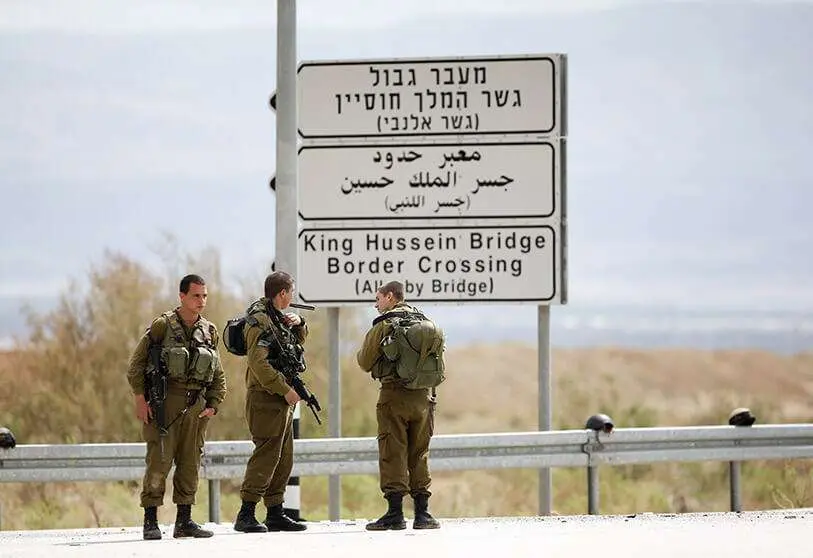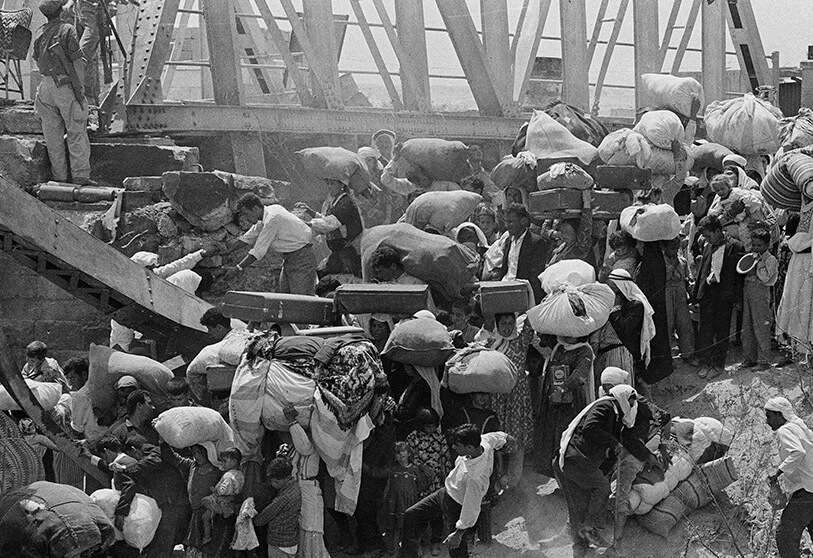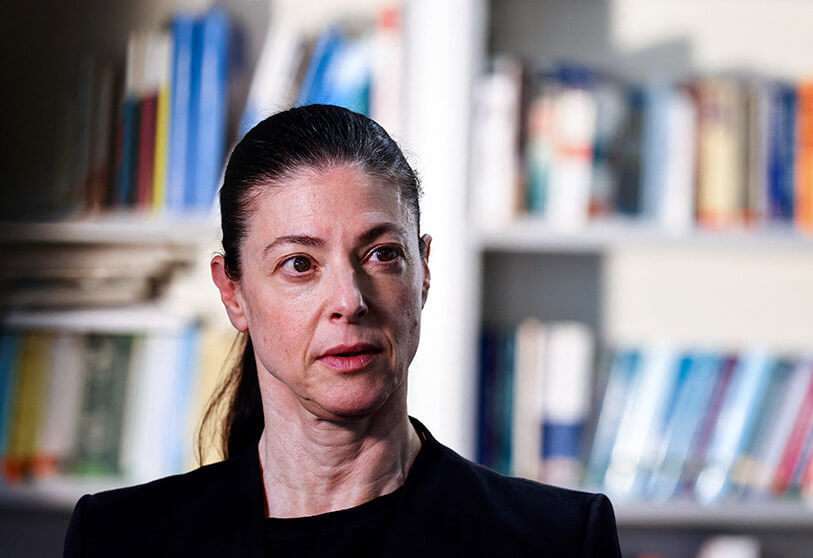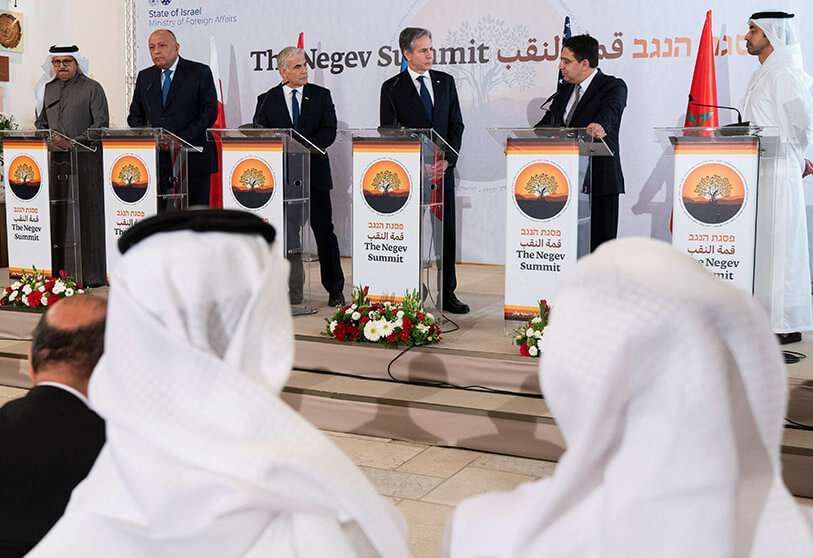Marruecos, clave en la apertura diaria de un paso fronterizo en Cisjordania por parte de Israel

Morocco has played a key role alongside the United States in Israel's extension of the hours of operation of the Allenby Bridge, the only way West Bank Palestinians can travel abroad, according to Israel's Minister of Transport and Road Safety, Merav Michael. This would be the first time Rabat has been able to advance the Palestinian cause by taking advantage of its rapid rapprochement with Tel Aviv following normalisation with the 2020 Abraham Accords.
Located near Jericho, the Allenby Bridge, known in Jordan as the King Hussein Bridge and among Palestinians as the Al-Karameh Bridge, is a passage across the Jordan River under Israeli control that connects the West Bank and Jordan. Unable to use Israeli airports, this is the only way for West Bank Palestinians to travel abroad, allowing them access to Amman International Airport, 50 kilometres away.

The hours of operation were limited by Tel Aviv, and its uninterrupted opening has been one of the main Palestinian grievances. Now, with this agreement, announced by Joe Biden during his visit to the West Bank, the crossing can be used 24 hours a day, 7 days a week. The changeover is expected to take place on 30 September, while a working group finalises the details, including the possibility of a Palestinian Authority presence at the crossing.
According to Michael, Morocco's King Mohammed VI reportedly played a key role as mediator between the Palestinian Authority, Jordan and Israel, taking advantage of his good relations with all of them. "His Majesty King Mohammed VI played an important role in the opening [of the Allenby Bridge]. I know the extent of his deep commitment to the region and to peace, and I am sure he will continue to be a very useful factor in the future," Michael stressed in an interview with Moroccan broadcaster Medi1TV. "We have been working on openness for a long time, because it is very important to improve ties between the Palestinian Authority and Jordan. This is something to remember," the Labour politician added.

"While we were working on separate tracks, we were informed throughout the process of the Moroccan and Jordanian efforts. It was the collective effort that made the difference," a senior US official told the Israeli daily Haaretz. "We are delighted to see the Abraham Accords working to the benefit of the Palestinians. This has been a priority of the Biden Administration," he stressed.
In addition, the Alawite kingdom had also previously proposed, along with Egypt, the participation of the Palestinian Authority in the Negev summits, according to the Moroccan daily Le Desk. This recently inaugurated regional cooperation format brings together the US, Israel, Morocco, Bahrain, Egypt, Morocco, the United Arab Emirates and the United States to discuss regional issues, and Rabat has reportedly sought to include the Palestinian government
Morocco has strong ties with both Israel and Palestine, making it a key mediator. Its ties with the Hebrew country go back decades, maintaining clandestine relations until, after the Oslo Accords, Tel Aviv opened a representative office in the North African country. Rabat broke off official relations during the Second Intifada, while maintaining unofficial ties, and in 2020 joined the Abraham Accords, normalising relations with Israel in exchange for the Trump Administration's recognition of the Moroccan ownership of Western Sahara.

Since then, bilateral relations with the Levant have improved rapidly, and Israel is becoming a key economic and defence partner. In the coming years, Tel Aviv and Rabat hope to increase bilateral trade to $500 million, up from $131 million at present. At the same time, military-to-military ties continue to break down, as Israel is becoming a major arms supplier to the Moroccan armed forces.
At the same time, however, the Moroccan Royal Court has headed the Al Quds Committee since 1975, a body of the Organisation of Islamic Cooperation aimed at supporting the Palestinian cause and defending Islamic holy sites, including the Al-Aqsa Mosque, a religious role reinforced by the title of Prince of the Believers held by the Alawite dynasty.

In this sense, Rabat has been one of Palestine's main supporters, a role that has not diminished despite normalisation with Israel. Abbas previously highlighted Morocco's 'honourable' history of support for the Palestinian cause under Mohammed VI and his predecessors, Hassan II and Mohammed V, and now Rabat has for the first time used its good relations with both Israel and Palestine to achieve tangible progress for the Palestinian people.








